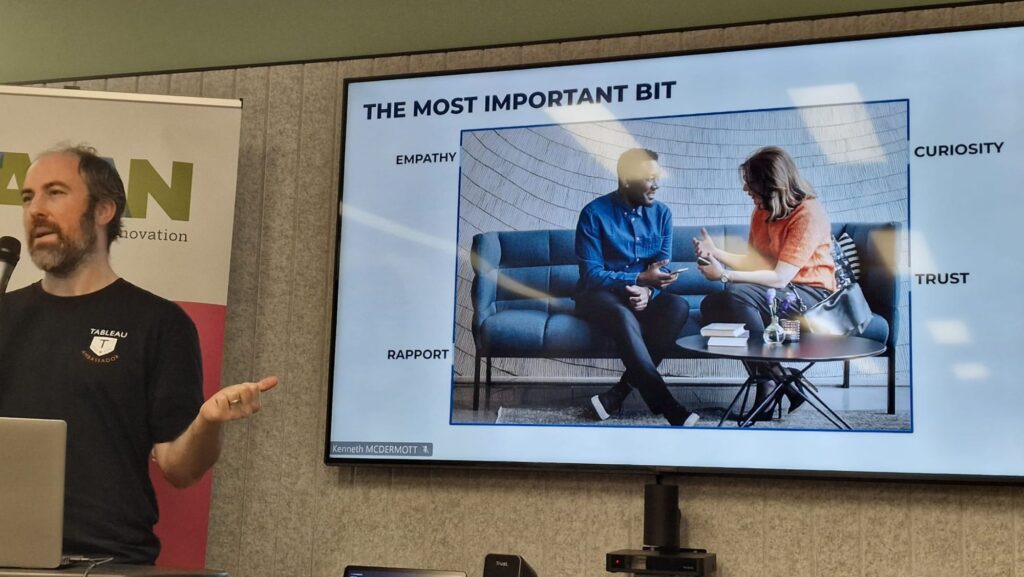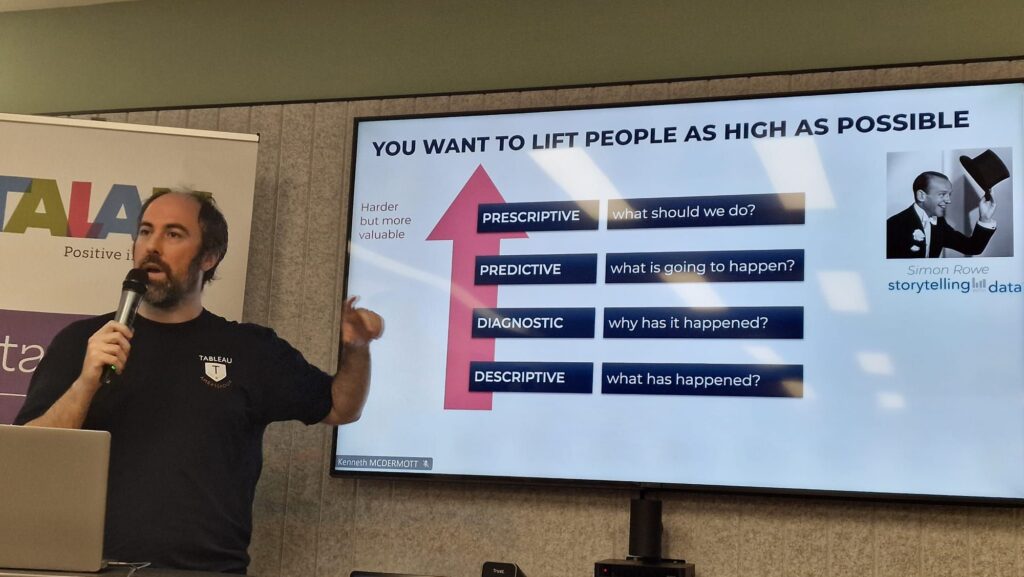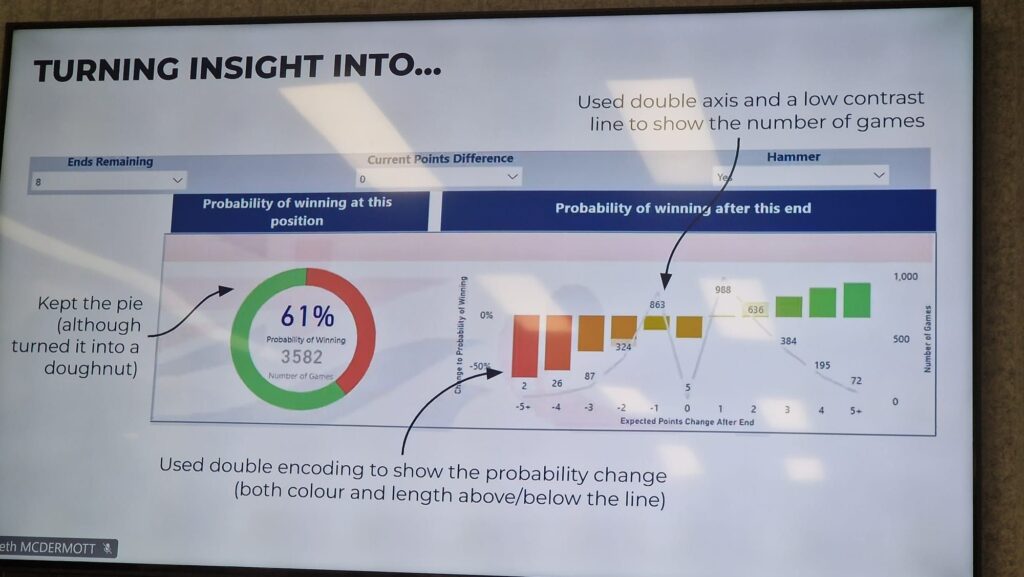The most important skill in Data Science is building human relationships: Rapport, Curiosity, Empathy & Trust.
Moses Wootten from UK Sports Institute talks about this at last night at Tableau User Group meetup, and honestly, I felt seen.
Mo worked on the curling project that helped Team GB win gold and silver at the Beijing 2022 Winter Olympics but it took 2-3 years of collaboration to get there. This wasn’t an overnight success story.
With the help of otter.ai and claude, here are my four key takeaways:
🍩 Outcome over output
The curling coaches initially asked for “a more readable table” of win probabilities.
Through proper conversation, Mo discovered they actually needed help with tactical decision-making – knowing WHEN to make a decision, not just WHAT decision to make.
If he’d just built what they first asked for, he’d have missed the point entirely – which is a lesson that ALL projects should take on board! Dig deeper and not just take the requests at face value!
🍩Escalate the experts
Mo shared a brilliant framework:
What happened
→ Why did it happen
→ What will happen
→ What should we do?
Most analytics stops at “what happened.”
The real impact is in climbing that ladder.
However, getting there requires trust, more data, and proper stakeholder relationships.
🍩Data is a team sport
Six roles are involved in the curling project: performance director, head coach, performance analyst, head of performance support, and the data team.
That’s a lot of voices.
But it’s why they caught things like – curling teams don’t think in “ends played,” they think in “ends left to play.”
Get that wrong and your whole dashboard becomes hard to use.
🍩Picture is worth 1000 words.
Control the narrative (but carefully) Mo showed how you can guide people to insights through thoughtful design – putting conclusions in titles, using simple axes, embedding legends in text.
It’s a fine balance because it can feel uncomfortable, almost manipulative. But if you’ve built trust and done the work properly, you’re helping people see what matters.
Real impact takes time, requires the right people in the room, and depends on solving the actual problem rather than the stated request.
How often do we build what’s asked for instead of what’s actually needed?
So fun to attend my first #TUG meetup with Beech H. Raksha Sanganee and Patricia R. at Talan – UK along. I learned a lot and my brain was enbiggened!! 🧠
#ProjectManagement is fun but this session made this ex-SQL-DBA really happy! 🥰
I’ll definitely be going to more!



